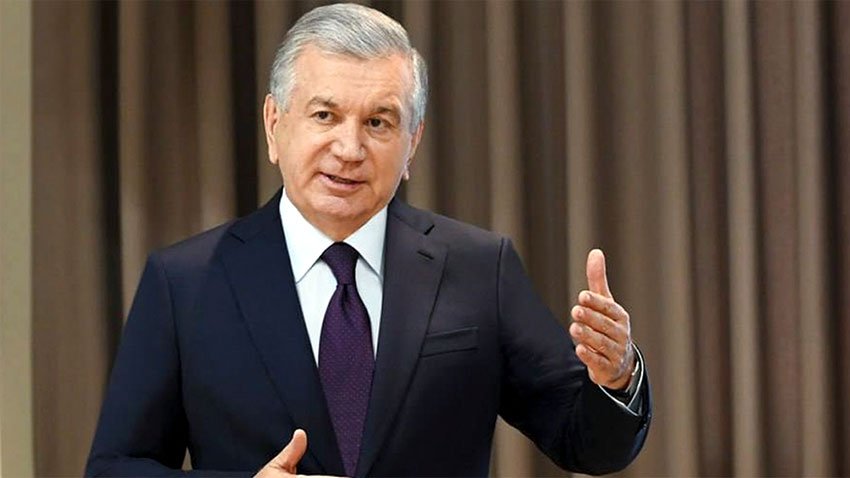In the vast tapestry of Central Asian leaders, Shavkat Mirziyoyev emerges as a prominent figure who has been instrumental in shaping modern Uzbekistan as the president of Uzbekistan. Born in the picturesque Zaamin District and educated as an engineer, Mirziyoyev’s journey from regional governance to the country’s highest office is both intriguing and telling of his adept political acumen. Since assuming the presidency after the passing of Uzbekistan’s first leader, Islam Karimov, Mirziyoyev has embarked on a mission of transformation—be it economic reforms, foreign policy shifts, or social change. This narrative delves into the life, achievements, and aspirations of a leader navigating the crosscurrents of domestic demands and international expectations, as he steers Uzbekistan towards a vision of progress and prosperity.
Early Life and Education
Shavkat Miromonovich Mirziyoyev was born on July 24, 1957, in Zaamin District, Jizzakh Region, in what was then the Uzbek Soviet Socialist Republic, a part of the USSR. He pursued his education in the realm of mechanical engineering and earned a degree from the Tashkent Institute of Irrigation and Melioration in 1981.
Political Ascent
Shavkat Mirziyoyev began his career as an engineer, but his leadership abilities soon led him to the political arena. In the late 1990s and early 2000s, he took on significant roles within the government of Uzbekistan. He served as the Governor of Jizzakh Region from 1996 to 2001 and then of Samarkand Region from 2001 to 2003.
His accomplishments in regional governance caught the attention of the national leadership. In 2003, he was appointed as the Prime Minister of Uzbekistan, a position he held for 13 years. As Prime Minister, Mirziyoyev worked on numerous projects aimed at modernizing the nation’s infrastructure and promoting economic growth.
Presidency
Following the death of Islam Karimov, Uzbekistan’s first President, in 2016, Mirziyoyev became interim president. Later that year, he was elected as the country’s second president in the presidential elections.
Under Mirziyoyev’s leadership, Uzbekistan has experienced several positive changes. He opened a chapter of reforms, liberalizing the economic policies and making significant overtures toward improving human rights within the country. Mirziyoyev also prioritized improving relationships with neighboring Central Asian countries, fostering an atmosphere of regional cooperation.
Key Initiatives
- Economic Reforms: One of Mirziyoyev’s key focuses has been on revitalizing the Uzbek economy. He has been promoting foreign investment and private sector growth, moving away from the traditionally state-dominated economic model. The currency, the Uzbek som, was liberalized under his guidance, aiming to boost exports and investments.
- Foreign Policy Shift: Under Mirziyoyev’s direction, Uzbekistan has seen a more open and cooperative approach to its foreign policy, especially with its immediate neighbors. He emphasizes regional stability and cooperation, marking a significant shift from the previous isolationist tendencies.
- Social Reforms: Mirziyoyev’s administration has taken steps to address various social issues, including forced labor in cotton fields, which had previously garnered international attention. His administration has also made overtures towards improving the press freedom environment in the country.
Shavkat Mirziyoyev’s rise to the presidency marked a new chapter for Uzbekistan. While challenges persist, his leadership has signaled a willingness for change, reform, and a more open dialogue both domestically and internationally. As Uzbekistan continues to navigate its path in the 21st century, Mirziyoyev’s influence and the direction he sets for the nation will undoubtedly be of paramount significance.
